Based in New York, Kith is both a lifestyle and cereal brand that was made for everyone. Kith has their own products but also has multiple collaborations with mainly renowned sneaker brands like Nike and Adidas. When they want to purchase from Kith, they can walk in on their multiple retail stores or order online on their e-commerce website, which is hosted by Shopify itself.
Purchasing online though, has a major problem. Streetwear, specifically sneakers, sell out within moments of it going live. Copping sneakers, especially limited-edition Jordan sneakers, is extremely hard without the use of a sneaker bot even for dedicated sneakerheads. A sneaker bot will streamline the purchase and checkout process for you. It lets you buy and pay for orders within seconds of a sneaker going live. A sneaker bot isn’t enough by itself though, you need to pair it with a Kith proxy.
Kith, and all other footsites or sneaker sites, have strict restrictions against the use of bots on their site. If you use a sneaker bot without pairing it with a Kith proxy, the website would immediately detect and recognize the fact that you’re using a bot. If you use a Kith proxy though, then your IP address will be hidden and websites will only be able to see the IP address of the proxy server. By continuously changing the IP address through rotating proxies, you can deceive any website into thinking that your sneaker bot’s requests come from different people.
For the website to not detect that you’re using a proxy, you need the best Kith proxies from a reliable proxy provider. Fortunately, Geonode’s residential proxies are up to the task. Our residential proxies use genuine residential IPs from actual devices ensuring that it won’t get detected by any website you visit. Any of your bot requests would seem like it came from real users and not just from your bot.
Note: You can also use datacenter proxies but they aren’t as secure and reliable as residential proxies and may still result in the entire subnet getting banned.
Let’s set up a Kith proxy server.
For Windows:
To set up proxies in Windows, simply search for “Proxy Settings” in your windows search bar and open the search result.
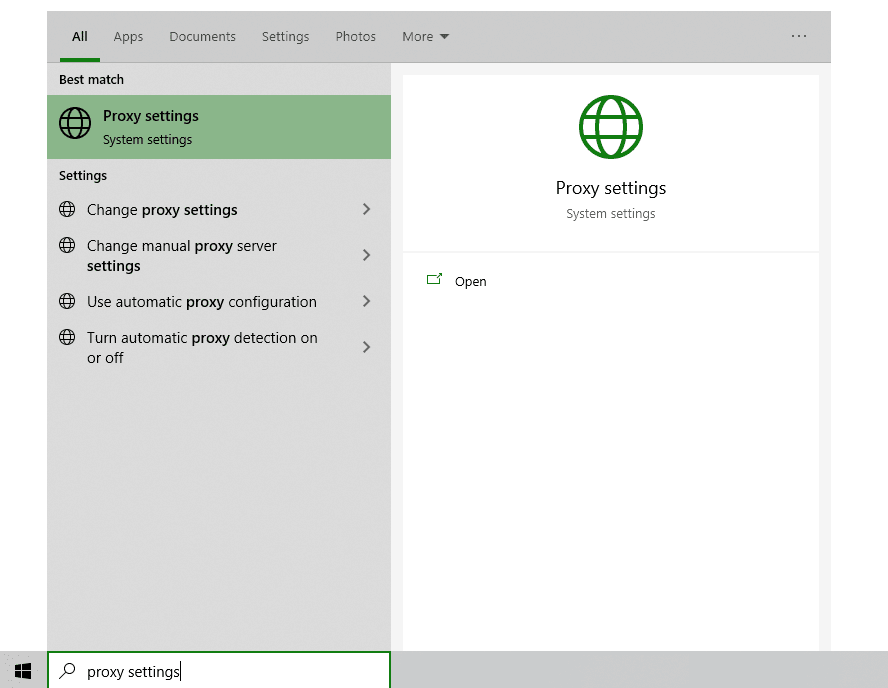
You are then given two options to choose from: Automatic proxy setup or Manual proxy setup. If you want windows to automatically detect your proxy settings, choose the first option. Choose the second option if you want to utilize a specific ip address and port number.
If you chose the first option, then:
- Turn on Automatically detect Settings
- Turn on Use setup script
- Enter the script address
- Click Save
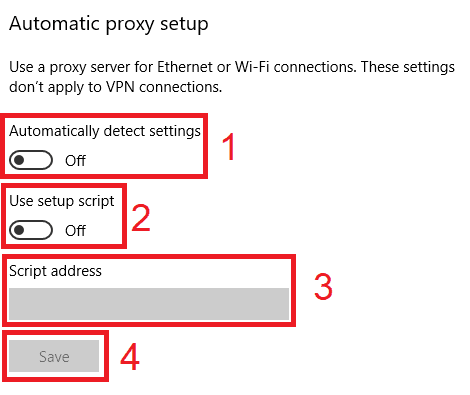
If you chose the second option, then:
- Turn on Use a proxy server
- Input both server address and port number
- If you have any addresses you would like to visit without a proxy, enter them here
- Turn on Don’t use the proxy server for local addresses check box if you want to access a local server without a proxy
- Click Save
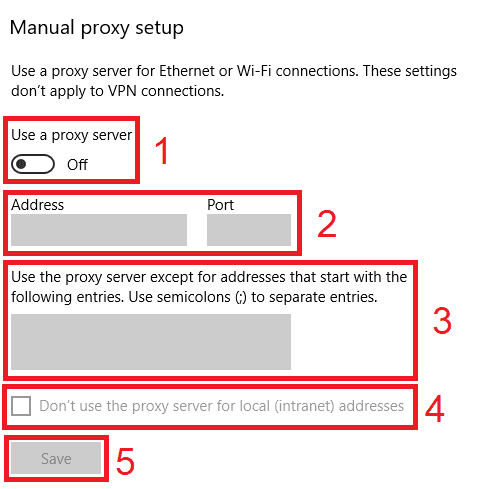
For Mac.
To start configuring your proxy settings in MacOS, simply:
Step 1. Click on the Apple Icon.

Step 2. On the drop down menu, click on “System Preferences”.
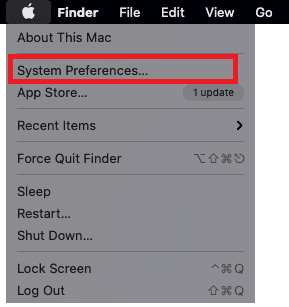
Step 3. Click on “Network”
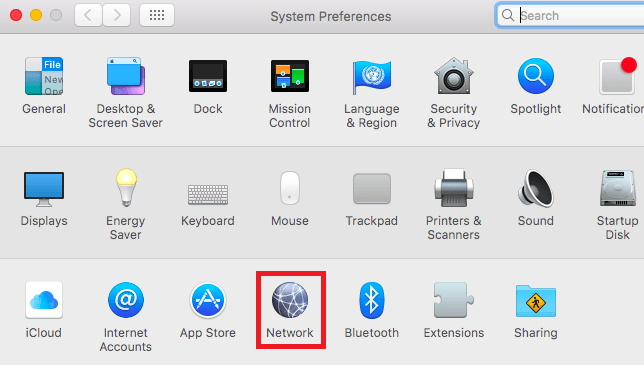
Step 4. Click on “Advanced”
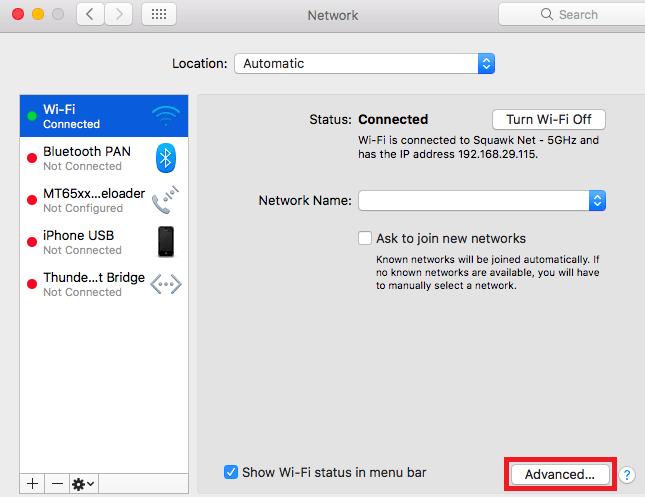
Note: Make sure to connect to your wi-fi first.
Step 5. Click on “Proxies”

This should then redirect you to MacOS proxy settings. MacOS is more straightforward compared to windows. You only have one option which is to manually configure your proxy server.
Here are the steps to follow:
- Select which proxy IP protocol you want to configure. This depends on which protocols your proxy service provider offers.
- Turn on Secure Web Proxy
- Input the Proxy Server Address and Port Number
- Click OK to save the configurations
Note: You may be prompted for your Mac user password to save your settings.
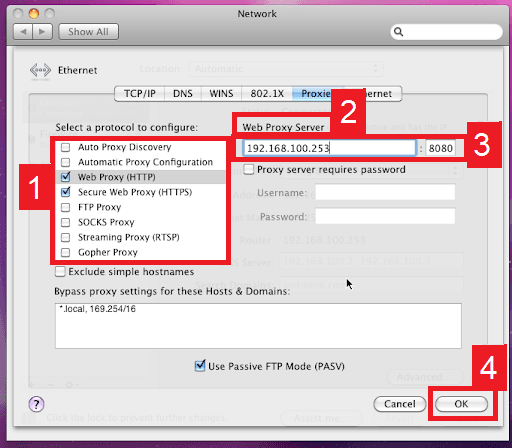
For Mobile:
To set up a mobile Kith proxy server, simply change your phone’s proxy settings. The mobile browser you’re using for Kith will automatically copy your phone’s proxy settings whenever you use it. This is applicable for both Android and iOS. Here’s a thorough guide for Android and another one for iPhone.
Congratulations! You have now finished configuring a Kith proxy server. Note that the first time you visit it, there will be a pop up asking for your login credentials.
Note: Make sure that the web browser you’re using for Kith is set to automatically copy your computer’s proxy settings. Google Chrome automatically does this, so it’s recommended to use it.









